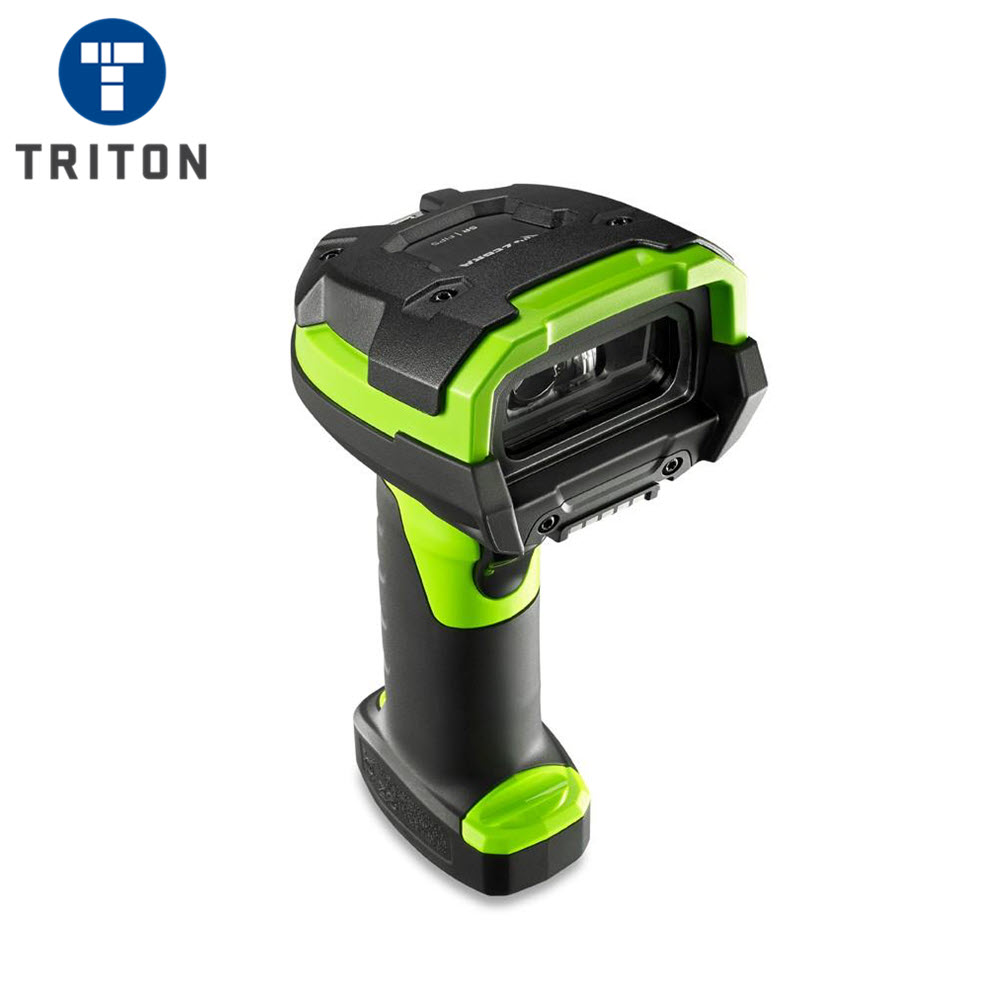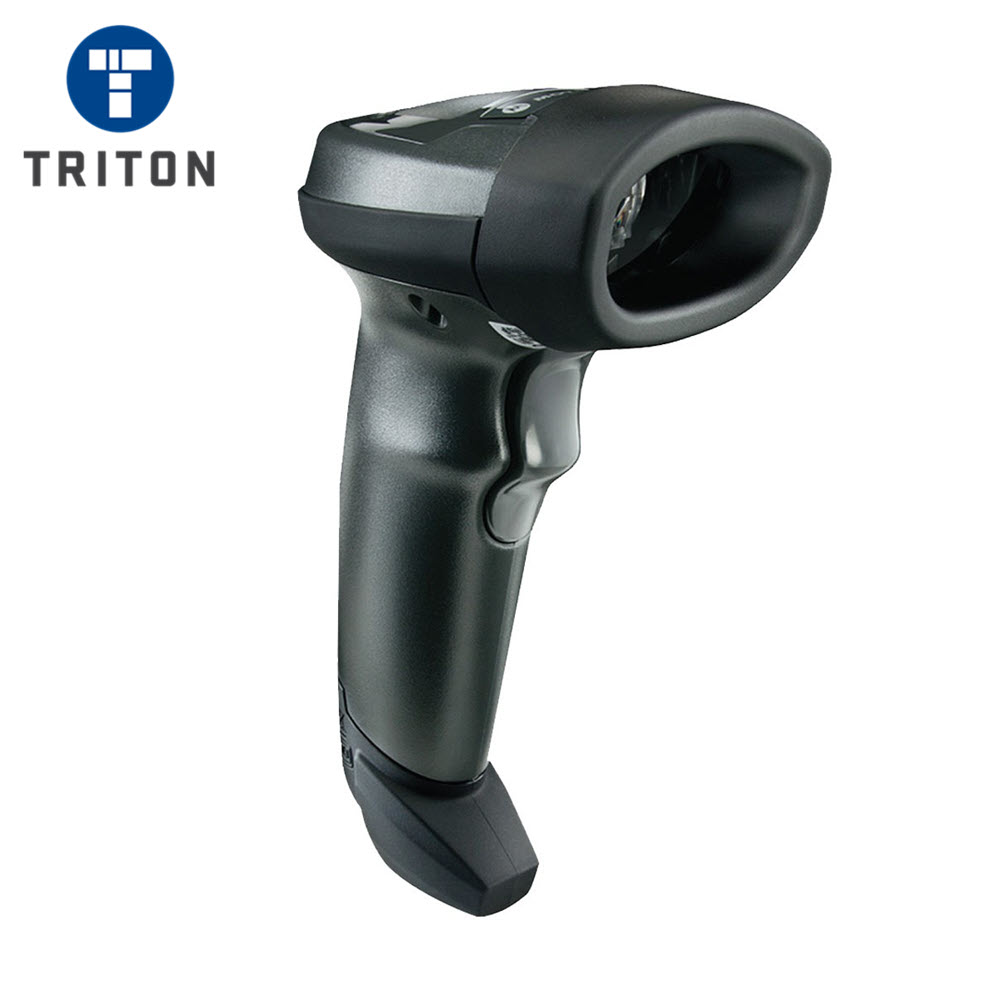Multi-Functional Barcodes Scanners for All Applications
Multi-Functional Barcodes Scanners for All Applications
Blog Article
Selecting the Right Barcode Scanner for Your Company Demands
Selecting the suitable barcode scanner for your service needs a nuanced understanding of your particular functional demands and environmental problems. Factors such as scanner kind, rate, and compatibility with existing systems play an essential role in establishing the appropriate choice.
Comprehending Barcode Scanner Types
When it comes to choosing a barcode scanner, comprehending the various types offered is crucial for meeting specific business demands. Barcode scanners can be classified right into a number of types, each developed for various applications and settings.
Portable scanners are the most common, offering mobility and simplicity of use, making them suitable for retail and inventory management. They generally link through USB or Bluetooth, offering adaptability in procedure. Fixed-mount scanners, on the other hand, are created for high-volume scanning applications, often discovered in setting up lines or check out counters. These scanners are mounted in a fixed placement, enabling fast scanning of several items one by one.
An additional type is the mobile computer system, which incorporates scanning capabilities with computing power. These tools are perfect for field operations or warehouse monitoring, making it possible for data collection and real-time stock tracking. Furthermore, there are industrial scanners that are constructed to withstand rough atmospheres, such as severe temperatures or direct exposure to dust and dampness.

Secret Features to Take Into Consideration
What vital features should organizations prioritize when choosing a barcode scanner? First and primary, scanning speed is critical, as faster scanners boost functional performance, specifically in high-volume atmospheres. The scanner's ability to read different barcode layouts is additionally crucial; guarantee it sustains popular types like QR codes, UPC, and Code 128 to fit diverse stock items.
Resilience is an additional vital attribute, particularly for organizations in tough setups. Seek designs that are developed to stand up to drops, dirt, and dampness. In addition, take into consideration the connectivity alternatives offered; whether you prefer USB, Bluetooth, or Wi-Fi, the ideal connectivity can enhance integration with existing systems.

Assessing Your Business Environment
To properly select a barcode scanner, organizations must analyze their particular operational environment. This analysis includes examining the physical format of the work area, the nature of the products being checked, and the common conditions under which scanning happens. A retail atmosphere may call for portable scanners that can promptly process deals at the checkout, while a warehouse setup could benefit from ruggedized scanners made to endure harsher conditions.
Furthermore, consider the quantity of scanning needed. High-throughput settings may demand innovative scanning innovations, such as fixed-position scanners or smart phones that can operate effectively in busy situations. The browse around this site integration capabilities with existing inventory management systems likewise play an important function; make sure the chosen scanner can seamlessly get in touch with software program platforms being used.
A scanner that fulfills present needs may not be sufficient as organization expands. By extensively evaluating these factors, services can pick a barcode scanner that not just fulfills instant requirements but also sustains long-lasting functional efficiency and flexibility. barcodes scanners.
Budgeting for Your Scanner
Having actually assessed the operational setting and identified the certain demands for a barcode scanner, the following step includes careful budgeting to make certain a clever monetary investment. Establishing a spending plan begins with figuring out the general expenses related to the scanner, consisting of preliminary purchase cost, operational expenditures, and prospective maintenance costs.
When selecting a barcode scanner, take into consideration the variety of offered alternatives, from portable devices to fixed-position scanners, as rates can differ significantly. It is important to balance price with capability; choosing browse around here an extra affordable version might bring about raised functional inadequacies if it does not fulfill your service needs.
In enhancement to the equipment, consider expenses associated with software program, training, and prospective upgrades. While it may be appealing to reduce in advance expense, buying a quality scanner that aligns with your operational demands can produce long-lasting financial savings through improved effectiveness and minimized downtime.
Last but not least, consider the total cost of ownership, which encompasses the scanner's life expectancy and prospective resale worth. By diligently intending your budget plan, you can make sure that other your financial investment in a barcode scanner will certainly improve your operational efficiency and monetary performance.
Integration With Existing Systems
Integrating a barcode scanner with your existing systems is vital for optimizing its efficiency and making sure smooth procedures. barcodes scanners. A well-integrated scanner improves process effectiveness, minimizes mistakes, and speeds up data processing. When selecting a barcode scanner, consider compatibility with your present software application and hardware infrastructure, including your supply monitoring systems, point-of-sale (POS) systems, and venture resource preparation (ERP) remedies
Examine whether the scanner utilizes common protocols such as USB, Bluetooth, or Wi-Fi, which can help with very easy assimilation. Furthermore, examine whether the scanner's software program uses APIs or SDKs that enable modification and combination with proprietary systems. This is particularly important for organizations with special operational needs.
Furthermore, take into consideration the scalability of the scanning service. As your business expands, your systems ought to have the ability to fit additional scanners and take care of increased information quantities without substantial reconfiguration. Eventually, purchasing a barcode scanner that flawlessly integrates with your existing systems will certainly yield lasting benefits, enhancing precision, performance, and general efficiency within your procedures. Take the time to thoroughly assess your combination requires before making an acquisition decision.

Verdict
Finally, selecting a proper barcode scanner requires a thorough examination of various elements, including scanner types, necessary functions, and the particular service setting. Correct budgeting for both acquisition and functional prices is imperative, along with making certain compatibility with existing systems. By thoroughly thinking about these elements, organizations can boost effectiveness and productivity, inevitably causing improved functional results. The best barcode scanner functions as a crucial tool in simplifying procedures and helping with reliable supply administration.
Report this page